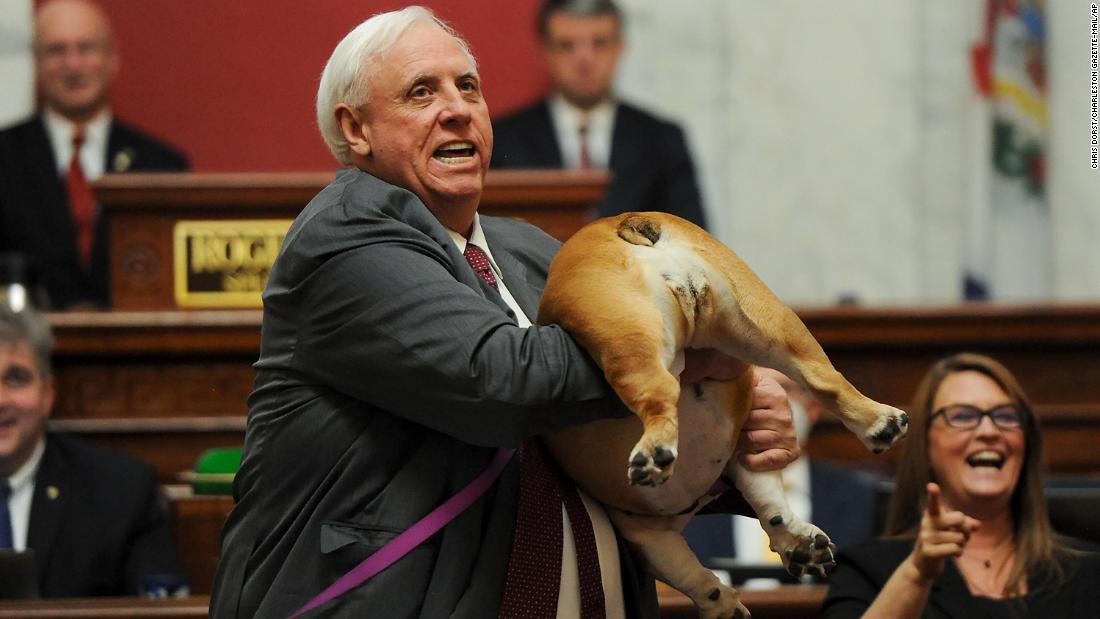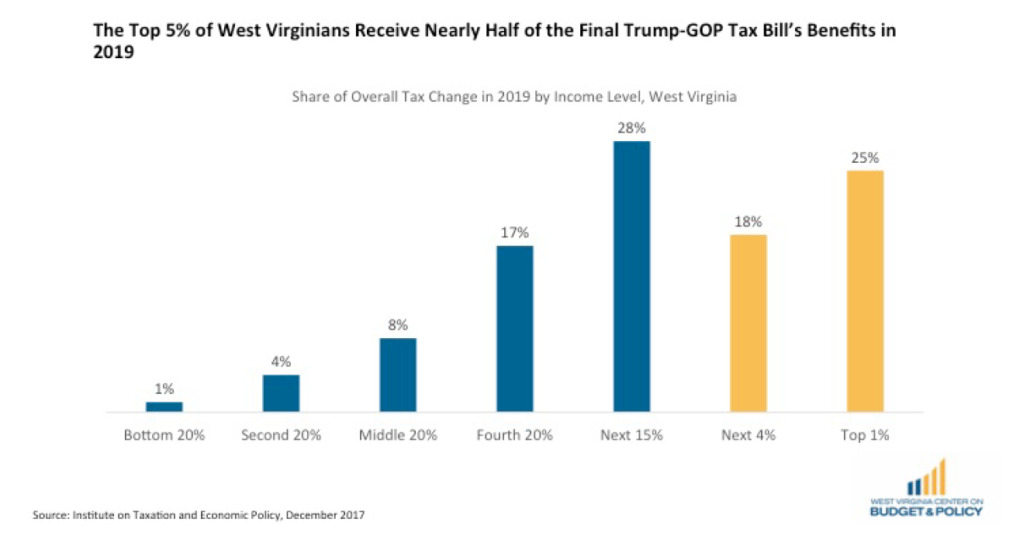Impeachment of the President has occurred twice in American history and was preempted in a third case by the resignation of the President. This little-used mechanism of republican government has recently been on the lips of many, fueled by an unpopular President and a special counsel investigation into the conduct of his subordinates. If a President is impeached by the House of Representatives and convicted by the Senate, he or she is removed from office, but may be subject to later criminal prosecution. The constitutional grounds for impeachment are “Treason, Bribery or other high Crimes and Misdemeanors.” Treason is defined in the Constitution itself and bribery has a clear legal meaning. But what are high crimes and misdemeanors?
I am certainly not a constitutional scholar, but the answer to this question and much more can be found in several sources. Most useful were Raoul Berger’s Impeachment: The Constitutional Problems (1974) and Impeachment: A Citizen’s Guide (2017), by Cass Sunstein. Understanding the history of the language is important.
At the 1787 Constitutional Convention, delegates agreed on a unitary executive – the President — who would not share executive power with other officers. But how prevent this President from becoming as oppressive as the king just overthrown? The preliminary solution was that the President would be elected for a term of four years. An abusive or incompetent President would not be re-elected. This did not satisfy skeptics, who argued that much mischief could be accomplished within four years. The final solution was to add the remedy of impeachment, a tool used from time to time by the British Parliament and American colonial legislatures to control abusive royal ministers.
Checks and balances on the potential misuse of power are everywhere built into the Constitution. The idea that Congress could remove the President through impeachment worried James Madison and others who feared the legislative branch would have too much power and that the President would end up serving at the pleasure of Congress. This concern was driven by initial drafts of the impeachment clause that included “maladministration” as a ground.
But through Madison’s arguments, the convention moved from this broad language toward the notion that the President should be impeachable only for a narrow and specified category of abuses of the public trust. Madison proposed treason and bribery as the sole grounds for impeachment. The terms “high crimes and misdemeanors” were added near the end of the debate to satisfy George Mason, who argued that treason would not reach many great and dangerous offenses. There was no discussion on what the terms meant.
There was no discussion because “high crimes and misdemeanors” had an accepted meaning at the time with which these delegates were familiar. The terms had been in use in English political life since 1642. Here in a nutshell is what these terms mean.
- The terms high crimes and misdemeanors do not refer to criminal conduct in the ordinary sense. Criminal conduct on the part of the President is neither necessary nor sufficient for impeachment. There was no such crime as a misdemeanor when the terms were first in use – petty crimes were called trespasses. High crimes and misdemeanors may be also be criminal, such as bribery, but lots more is covered.
- The non-criminal nature of impeachment is confirmed by other parts of the Constitution. The Fifth Amendment guarantees that no person shall be subject to double jeopardy for the same offense. Because the impeachment provision declares that a convicted President can be subject to later criminal prosecution, impeachment was clearly meant as a non-criminal proceeding. Furthermore, while a criminal defendant is guaranteed the right to a trial by jury by the Sixth Amendment, a President is tried by the Senate.
- High crimes and misdemeanors are political offenses against the state, and impeachment is designed to secure the state not punish the offender. Impeachment has been reserved for gross abuses of power or violations of the public trust. Remember that impeachment was used mainly to rid the state of the king’s corrupt ministers, who were not subject to the normal criminal process.
- The modifier “high” refers both to the position of the offender and the seriousness of the offense. Impeachment is reserved for especially serious offenses. Only officers in high positions of trust can commit these egregious political offenses.
- Intense political opposition and a general sense that the President is a failure are not sufficient grounds for impeachment. Nor is a sense that the President’s policies are wrong and harmful to the nation. If these points were not true, both Jimmy Carter and George W. Bush would have been impeached.
- Because high crimes and misdemeanors are political crimes that cannot be committed by someone who does not hold high political office, they do not include reprehensible conduct committed before a President is elected, unless the conduct procured his or her election. An example might be some fraud or misconduct by the candidate that improperly influenced the election, like the Watergate bugging cover-up by President Nixon.
Arguing for the impeachment of Justice William O. Douglas in 1970, then-Congressman Gerald Ford famously asserted that “an impeachable offense” is whatever the House, with the concurrence of the Senate, “considers it to be at a given moment in history.” But this view is wrong. The terms high crimes and misdemeanors have a relatively precise meaning that was intended, in part, to limit the availability of impeachment. When considering this limit, the two actual impeachments of sitting Presidents were probably unconstitutional.
President Andrew Johnson was a Southerner who oversaw Reconstruction with a galling sympathy for the South. He was hugely unpopular for this. But his impeachment in 1868 was specifically for firing Secretary of War Stanton in violation of a statute passed by Congress to prevent him from firing Stanton. Johnson in good faith believed he had the right to fire officials who worked for him and that the statute was unconstitutional. This position was later vindicated by the Supreme Court. Johnson avoided conviction in the Senate by a single vote. This is an example of an intense disagreement between Congress and the President over matters of policy and law, which are rather frequent and are not egregious abuses of power simply because a majority of Congressmen might say they are.
When President Bill Clinton was impeached, he was a relatively popular President who had implacable opposition among Republicans. They believed him to be a liar and relentlessly sought grounds to impeach him. Recall that Kenneth Starr produced an investigatory report that focused on Clinton’s relationship with Monica Lewinsky and his efforts to cover it up by lying to his wife, his staff, the Cabinet and the American people. But Cass Sunstein remarks that
the impeachment of Bill Clinton is almost incomprehensible, at least if it is explored in the light of the debates in the late eighteenth century. You would have to work really hard to make a minimally plausible argument that Clinton committed an impeachable offense.
Clinton did lie under oath about his affair and this is unlawful, but it wasn’t an impeachable offense because it was not an abuse of his Presidential authority. It was a tawdry offense that practically anyone could commit.
One thing common to these two impeachments was the extreme factionalism in Congress at the time. In Federalist No. 65, Hamilton noted
the prosecution of [political offenses] will seldom fail to agitate the passions of the whole community, and to divide it into parties more or less friendly or inimical to the accused. In many cases it will connect itself with pre-existing factions, and will enlist all their animosities, partialities, influence, and interest on one side or the other; and in such cases there will always be the greatest danger that the decision will be regulated more by the comparative strength of the parties than by the real demonstrations of innocence or guilt.
Factionalism and passion will always be present in the midst of supercharged political issues, but in our present situation it will do nothing but get in the way of sound judgment.
Some commentators have argued that we have been too timid in the use of the impeachment mechanism. In an excellent opinion piece in the online journal Vox, published on November 30, 2017, Ezra Klein observes
There are plenty of people who simply should not be president of a nuclear hyperpower, and Trump is one of them . . . . We have grown too afraid of the consequences of impeachment and too complacent about the consequences of leaving an unfit president in office. If the worst happens, and Trump’s presidency results in calamity, we will have no excuse, no answer to give. This is an emergency. We should break the glass.
The piece concludes with a proposition at odds with the original meaning of the impeachment clause: “being extremely bad at the job of president of the United States should be enough to get you fired.”
However, events are moving quickly and there may be more to consider than bad job performance. Two days after this post was originally written, Trump’s former national security advisor, General Michael Flynn, pled guilty to lying to the FBI about his contacts with the Russian ambassador, and according to the Washington Post “court records indicate he was acting under instructions from senior Trump transition officials in his dealings with the diplomat.” Working in tandem with a foreign power to defeat a political adversary in a contest for the Presidency, and then attempting to obstruct an investigation into it, or to cover it up, is a “high crime and misdemeanor” in the true, original sense.
The best approach may be to consider only the actions said to be the basis of the potential impeachment behind an imaginary veil of ignorance about the President and his policies. It should not matter whether we agree with his policies and decisions. The sole question should be whether he has inflicted a serious political injury to the country, an abuse of power, enabled by his high office. Put another way, would we consider Trump’s actions to be a gross abuse of Presidential power if committed by a President whose policies we supported? If the answer is yes, then he should be removed.
 Shakespeare’s plays. He was a comic character — fat, buffoonish and untrustworthy. In The Merry Wives of Windsor, for example, Falstaff spends most of his time blustering, drinking with petty criminals and being foolish with local women. But there was always something likable about Falstaff.
Shakespeare’s plays. He was a comic character — fat, buffoonish and untrustworthy. In The Merry Wives of Windsor, for example, Falstaff spends most of his time blustering, drinking with petty criminals and being foolish with local women. But there was always something likable about Falstaff. was John Randolph of Roanoke. He was regarded as one of the more brilliant and formidable legislators of his time. Randolph was often accompanied on the House floor by a pack of hunting dogs.
was John Randolph of Roanoke. He was regarded as one of the more brilliant and formidable legislators of his time. Randolph was often accompanied on the House floor by a pack of hunting dogs.
